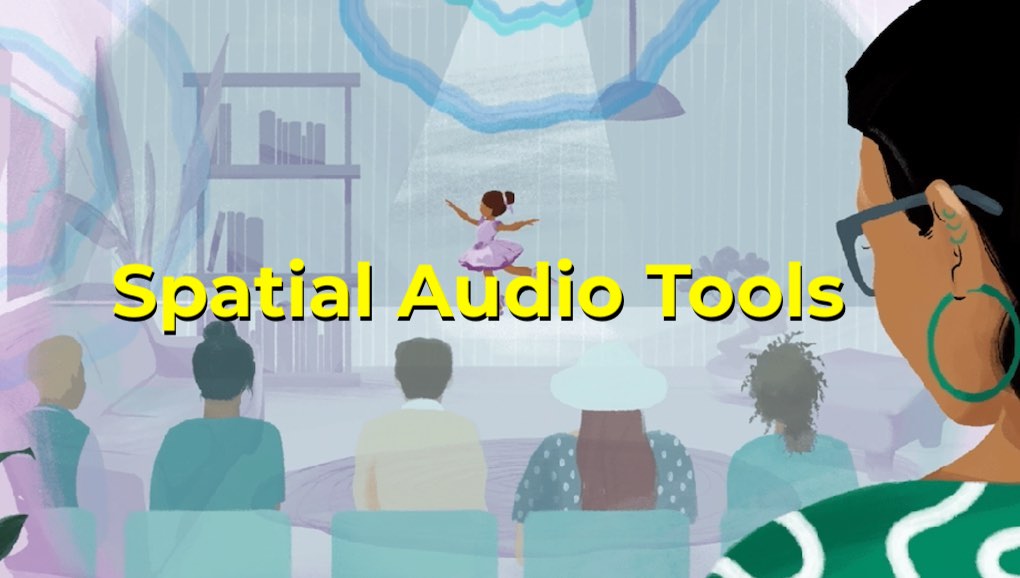- in Production by Bobby Owsinski
Meta Is Developing Some Underwhelming New Spatial Audio Tools For The Upcoming Metaverse
Meta, the parent company of Facebook, has just posted about its research into new spatial audio tools that it hopes to incorporate into the upcoming Metaverse, the virtual space that’s a combination of VR and AR. While interesting, I can’t say that I’m too impressed so far (watch the video from Meta below to see if you agree).

The Metaverse?
Before we look at the specifics, I have to say that the Metaverse is starting to feel like a solution looking for problem. I’m not the only one to feel that way either, as the reaction to most examples so far have been decidedly negative.
Usually the “next big thing” comes from the underground in a way that gradually builds over time. The Metaverse right now consists of a bunch of tech companies claiming that they know what what’s going to replace social media in the future and how cool it’s going to be. This from Facebook and Google, who’ve consistently been wrong in the past when developing products.
Audio Tools
But that’s the big picture. This post is about the audio tools that Meta is building. While I’m sure that the tech is cool and the researchers involved have good intentions, if this video is anything to go on, it’s a little underwhelming. The three technologies outlined, Visual-Acoustic Matching, Visually-Informed Dereverberation and VisualVoice, are pretty common if you’re an audio professional.
Yes, automatically incorporating the audio tools with the picture is cool, but I didn’t find it much of an “a-ha” moment.
Spatial Marketing
The fact of the matter is that this video precisely illustrates the difficulty in marketing spatial audio. It’s something that can’t easily be demonstrated unless the conditions are totally right. You can’t show it via a graphic to someone, and you can’t describe it and have anyone truly get it. It has to be experienced, and even then under excellent conditions to get the full effect.
While I believe that AR/VR and the spatial audio tools that go with that certainly has a place in medicine and product research, I’ve yet to be convinced that it’s something that will prove to be an everyday entertainment vehicle for the masses. I would love to be proved wrong, but I believe that the next big thing in this area will more likely come out of left field where no one is looking than from a major tech company.

